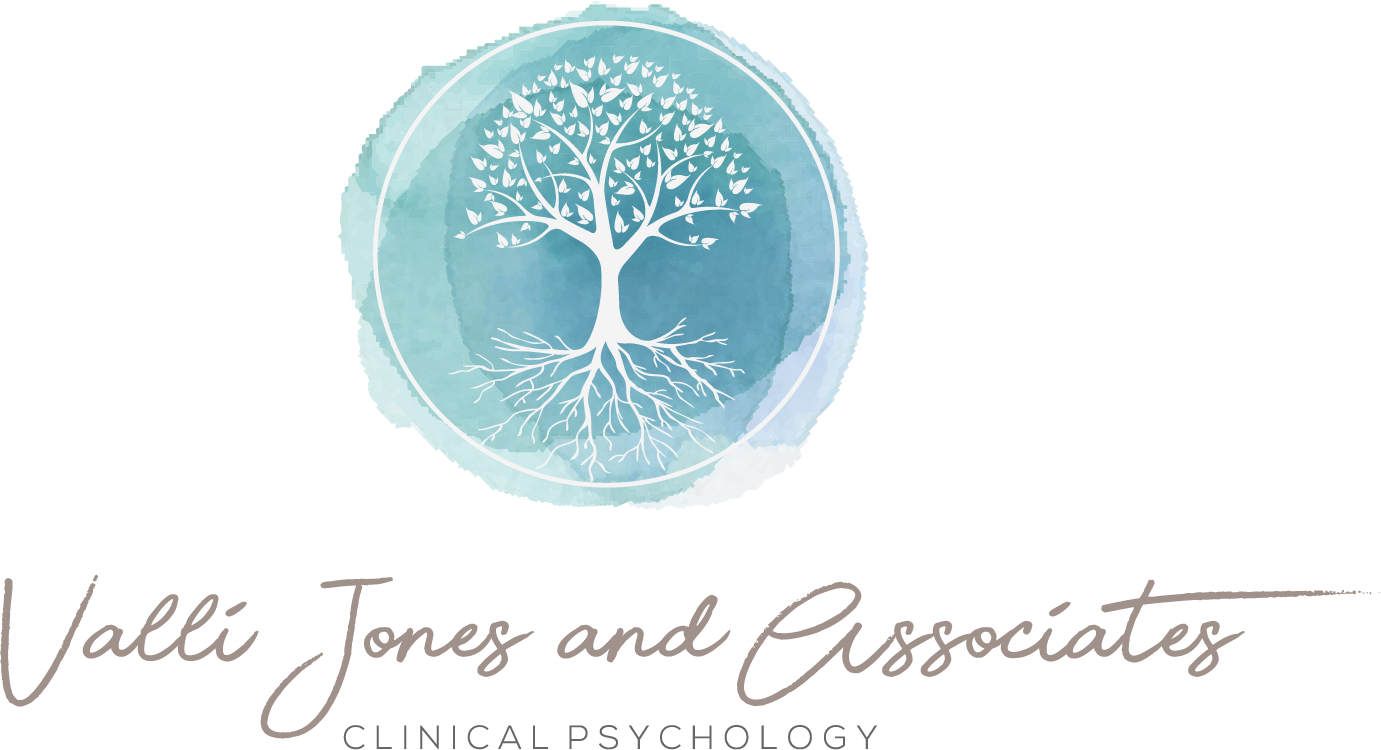What is a Specific Learning Disorder?
A Specific Learning Disorder (SLD) is part of a child’s developmental makeup that affects their ability to engage with the school curriculum, and to take on new information at the same pace as their peer group. Current Australian data suggests that as many as 1 in 5 students are at risk of not meeting their academic potential as a result of learning disorders, despite often being of average or above average intelligence. Students with a SLD generally experience difficulty in one or two academic areas while coping well, or even excelling, in other areas of academic, sporting or artistic achievement.
Specific learning disabilities may occur in almost any area of learning. Common areas of difficulty include reading (dyslexia), written expression (dysgraphia), mathematics (dyscalculia), coordination (dyspraxia), and language. Undiagnosed SLD’s may lead to poor academic achievement, anxiety, disruptive behaviours, school refusal, and low-self-esteem.
How will an assessment for a Specific Learning Disorder be helpful?
Assessment provides information that may assist parents and teachers to better understand a child’s unique learning profile, and help them to develop effective individualised learning plans. Results help identify which learning skills can be developed based on the individual’s abilities and strengths, while providing strategies to compensate for areas of difficulty. Confirmation of a diagnosis may also serve as evidence for individualised educational support, as well as special provisions in formal school examination settings.
What is involved with an assessment for a Specific Learning Disorder?
The first step in diagnosing a SLD involves ruling out other possible causes of the difficulties being experienced, such as a sensory problem (e.g., visual impairment), emotional difficulties (e.g., anxiety), behavioural conditions, environmental factors (e.g., poor school attendance, lack of access to adequate teaching), and intellectual disability. All of these may also be detrimental to a child’s ability to take on new information.
Once alternative causes of learning difficulties have been ruled out, the second step involves an assessment of a child’s academic ability across a range of areas including oral language, basic reading, reading comprehension and fluency, written expression, mathematics and maths fluency. In some instances it may also be recommended that the input of other health professionals, such as speech pathologists and occupational therapists, be sought to assist in the diagnostic process.
The assessment process involves using one of the intelligence tests listed below, as well as a test of academic achievement. In addition to these tools some Parent and Teacher questionnaires are also used to screen for co-occurring mental health concerns (e.g., ADHD, anxiety, depression).
- Wechsler Preschool and Primary Scale of Intelligence (WWPSI-IV). This may be used with children ages 2 years and 6 months to 7 years and 7 months.
- Wechsler Intelligence Test for Children (WISC-V). This may be used with children ages 6 years to 16 years.
- Wechsler Individual Achievement Test (WIAT-III). This may be used with children aged 4 to 19 years, 11 months.
The complete assessment process typically involves:
- An initial consultation to gather developmental history and background information, and determine whether it will be helpful to proceed with the assessment process.
- A review of any previous assessment previous reports, and consultation with the child’s school where appropriate.
- Completion of standardised questionnaires by the individual being assessed (for adolescents), and/or their parents and caregivers.
- Cognitive assessment session (up to two hours)
- Academic achievement assessment session (up to two hours)
- Scoring, interpretation, and report preparation.
- A one-hour feedback session to discuss the results of assessment, and all recommendations arising from the results.
What is the cost involved with an assessment for a Specific Learning Disorder?
Breakdown of Fees
Initial Consultation (1 hour) $205
Test 1 (2 hours, plus scoring, interpretation, and report preparation) $450
Test 2 (2 hours, plus scoring, interpretation, and report preparation) $450
Feedback and Recommendations (1 hour) $205
Total $1310
Medicare does not cover assessment for SLD, however some private health funds do offer rebates, depending upon the level of cover.
Schedule an appointment
To schedule an appointment with one of our clinical psychologists contact us here.
